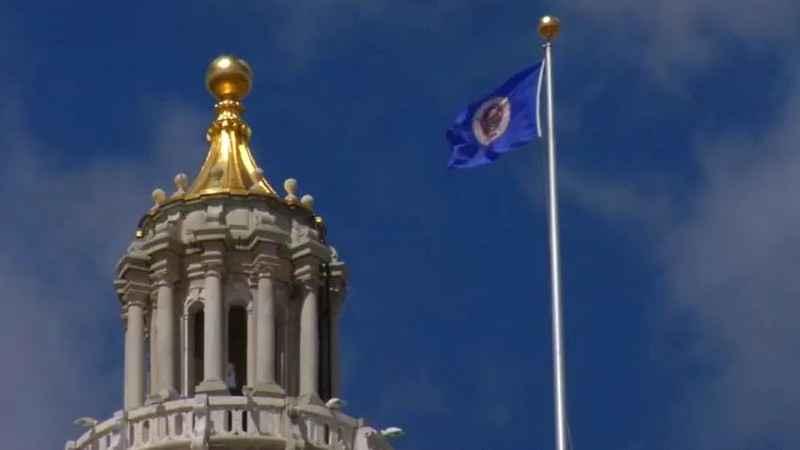Lawmakers have 3 weeks to pass budget as shutdown ‘calamity’ looms
[anvplayer video=”5035743″ station=”998122″]
The threat of a state government shutdown looms larger with each passing day, and very little publicly known progress is being made.
Gov. Tim Walz will call lawmakers into a special session on Monday so he can request a 30-day extension of his emergency powers. He also wants them to pass a new budget into law that day.
"Once we get past the 15th of June, we have contracts that we have to start ramping down that will cost us massive amounts of money," the governor said this week. "It’s just not the way to do business to get down to the end."
One source close to the negotiations said agreements have been reached on omnibus budget bills related to jobs, commerce, energy, higher education and legacy funding. An agreement is said to be close on agriculture, but several major bills remain unresolved — among them are health and human services, taxes, state government finance, judiciary and education. The same source said a one-day special session on Monday is very unlikely.
Political analyst Steven Schier said lawmakers face a more serious deadline to avoid a special session than in other recent years because of a 2017 Minnesota Supreme Court ruling that says courts can no longer order state funding to continue.

[KSTP]
"The last time we had a shutdown, it was inconvenient, but 80% of state spending went on during the shutdown," Schier said. "That will not happen this time. The vast majority of state spending will stop. You’ll have a genuine calamity. It’ll be a historic event. It will have a big impact on the next election."
Transportation funding could be the most immediately impacted, with 200 state highway projects having to begin preparing to wind down as the June 30 deadline approaches. The Minnesota Department of Transportation said it had to pay $35 million in extra payments for disruptions to projects during the 2011 shutdown.
"I’m going to ask that we have this budget done, buttoned-up, ready to go on the 14th," Walz said on Tuesday. "We do a special session next Monday and then everybody goes home and complains the other side got it wrong and we get on with things. But here’s the deal: Our schools will function, our roads will get built, our health system will go on."
In the background of the budget talks are disagreements over police reform, auto emission standards and the governor’s emergency powers. On Wednesday, Republican Senate Majority Leader Paul Gazelka made it clear the governor’s request for a 30-day emergency extension is making it difficult to agree on other issues.
“The new information on the falling hospitalization and infection rates for COVID-19 is tremendous news for Minnesotans," Gazelka said in a statement. "It is time for all of us to return to normal, but we can’t do that until Gov. Walz gives up his emergency powers. There is simply no reason for Gov. Walz to continue his one-man rule."
The governor said he will make the request for an extension on Monday.